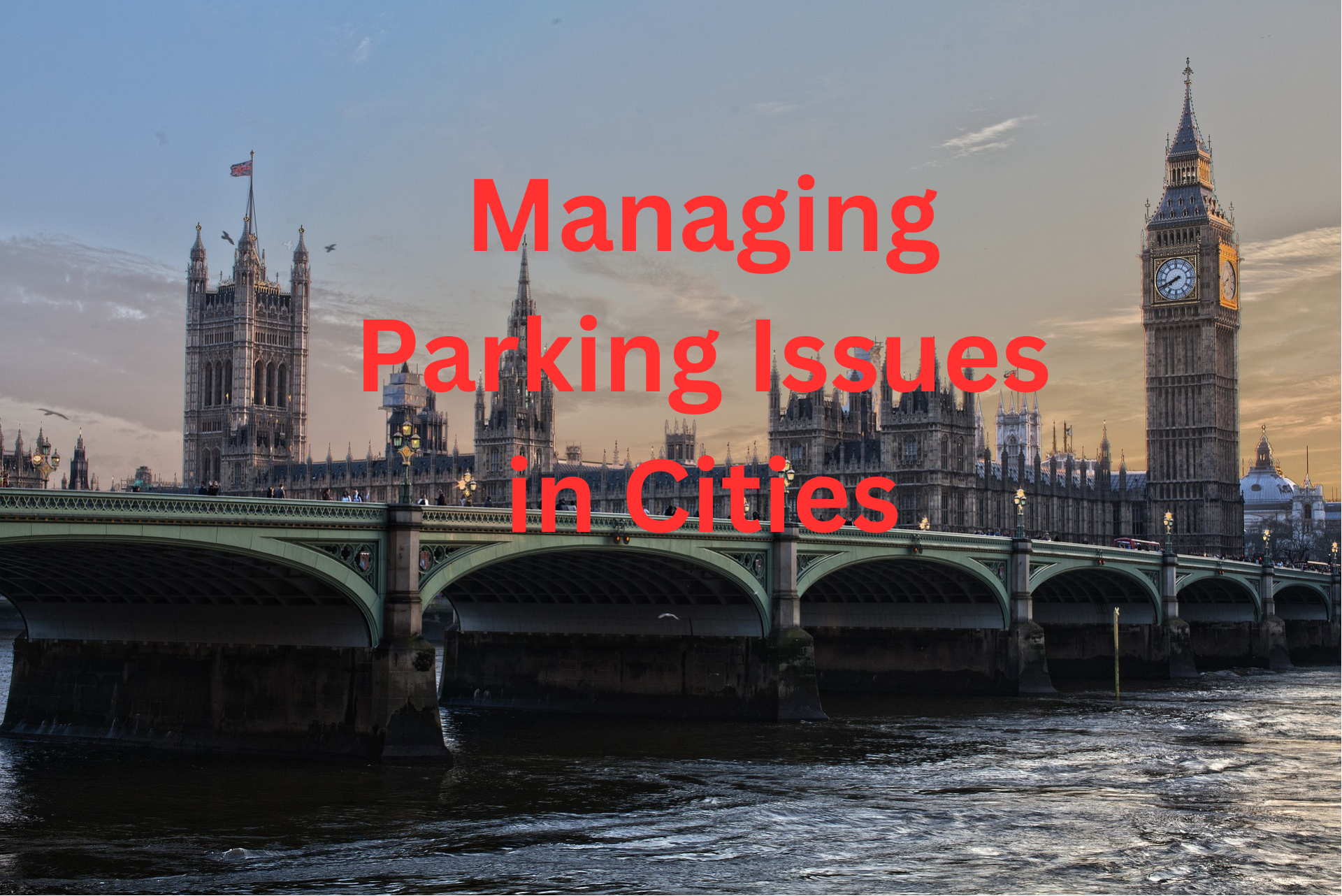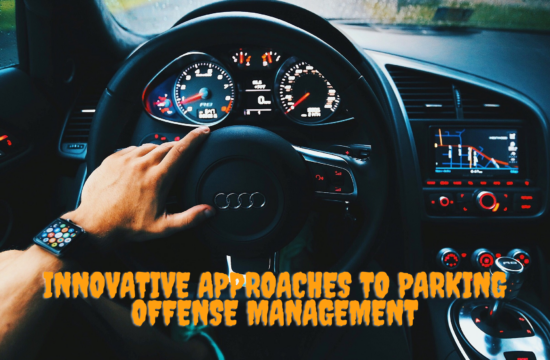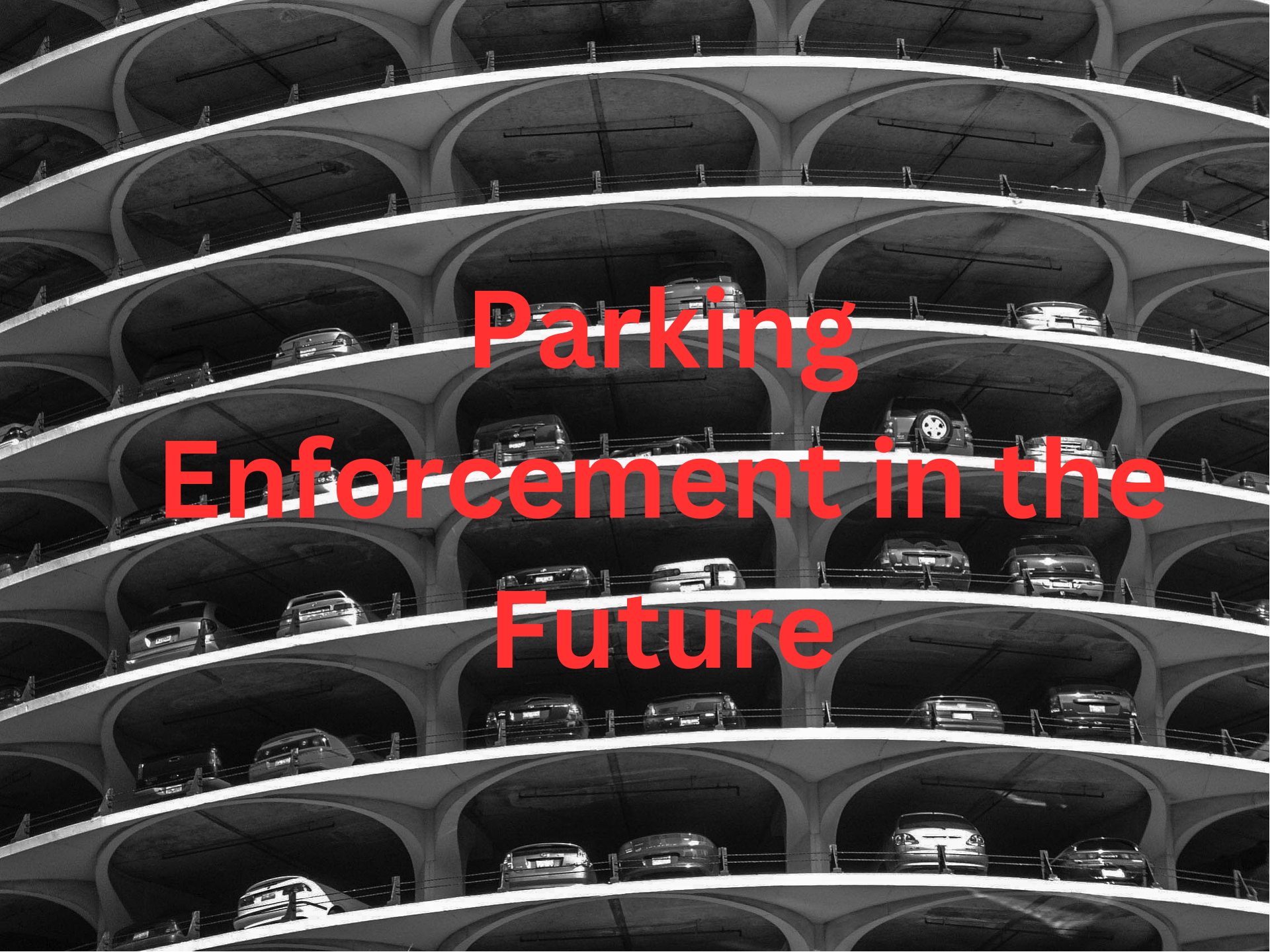Managing Parking Issues in Cities
As cities continue to grow and confront rising demand for limited parking places, managing parking difficulties in urban environments has become a significant issue. The peculiarities of urban areas, such as limited space, dense population, and different transit needs, present particular obstacles for effective parking management. Innovative solutions and tactics, on the other hand, are being implemented to overcome these difficulties and optimize parking availability. In this post, we will look at smart parking technology, efficient payment systems, multi-modal transportation integration, and creative parking facility design. Cities can alleviate congestion, reduce environmental impact, and improve the overall urban living experience by taking a comprehensive and forward-thinking approach to parking management. Join us as we investigate ideas and technologies for efficiently managing parking issues.
Implementing Cutting-Edge Parking Management Systems
Implementing cutting-edge parking management systems has become critical in handling urban parking demands and issues. Traditional parking arrangements are frequently inefficient, frustrating both drivers and city officials. Cities, on the other hand, may now revolutionise their parking management approach with the emergence of new technologies and intelligent parking solutions. This article examines the advantages and characteristics of these cutting-edge parking management systems, as well as how they might improve efficiency, reduce congestion, and enhance the entire parking experience. Join us as we explore the world of innovative parking solutions and how they have the potential to alter urban parking management.
Supporting Diversified Transportation Modes
Supporting diverse transport options has become a crucial focus in metropolitan areas to solve traffic congestion, environmental sustainability, and inhabitants’ overall well-being. As cities try to become more livable and accessible, it is critical to promote forms of transportation other than private vehicles. This article discusses the significance of encouraging diverse modes of transportation such as public transportation, cycling, walking, and ridesharing. Cities can reduce reliance on cars, relieve congestion, cut emissions, and build more vibrant and connected communities by supporting and investing in these modes. Join us as we investigate the advantages and tactics for promoting diverse forms of travel in metropolitan areas.
Encouraging the Growth of Park-and-Ride Facilities
Promoting the expansion of park-and-ride facilities has emerged as a possible solution to the problems of urban congestion and restricted parking availability. With an increasing number of automobiles on the road, commuters are having difficulty locating parking places in congested city centres. Park-and-ride facilities provide a handy option, allowing commuters to park their vehicles outside of the city and continue their journey through public transport. This article examines the advantages and techniques for supporting the expansion of park-and-ride facilities, such as greater accessibility, reduced traffic congestion, and increased sustainability. Join us as we investigate how these facilities can revolutionise urban commuting and help to improve transit networks.
Elevating Multi-Level Parking Capabilities
Elevating multi-level parking capacity has emerged as a crucial priority in urban contexts where limited space and rising vehicle numbers pose substantial issues. Traditional parking facilities frequently fall short of fulfilling rising parking demands, resulting in traffic congestion and irritation. Multi-level parking facilities, on the other hand, can be converted into efficient and user-friendly places by employing creative ideas and design modifications. This article goes into the numerous techniques and technologies available to improve the capabilities of multi-level parking structures, such as smart parking systems, automated parking technologies, and optimised space utilisation. Join us as we investigate how these innovations can revolutionise urban parking and improve drivers’ entire parking experience.
Enforcing Adjustable Pricing Tactics
Enforcing variable pricing techniques has emerged as a possible answer to urban parking management difficulties. Traditional static pricing approaches frequently fail to meet fluctuating parking demand, resulting in inefficiencies and annoyance for both drivers and parking operators. Cities, on the other hand, can optimize the utilization of parking resources and promote more effective parking behaviors by introducing changeable pricing techniques such as dynamic pricing or demand-based pricing. In this article, we look at the advantages and options for imposing variable pricing tactics in urban parking, such as the use of smart technologies and data-driven approaches. Join us as we explore how these pricing changes might improve parking availability, reduce congestion, and improve the overall parking ecology in cities.



